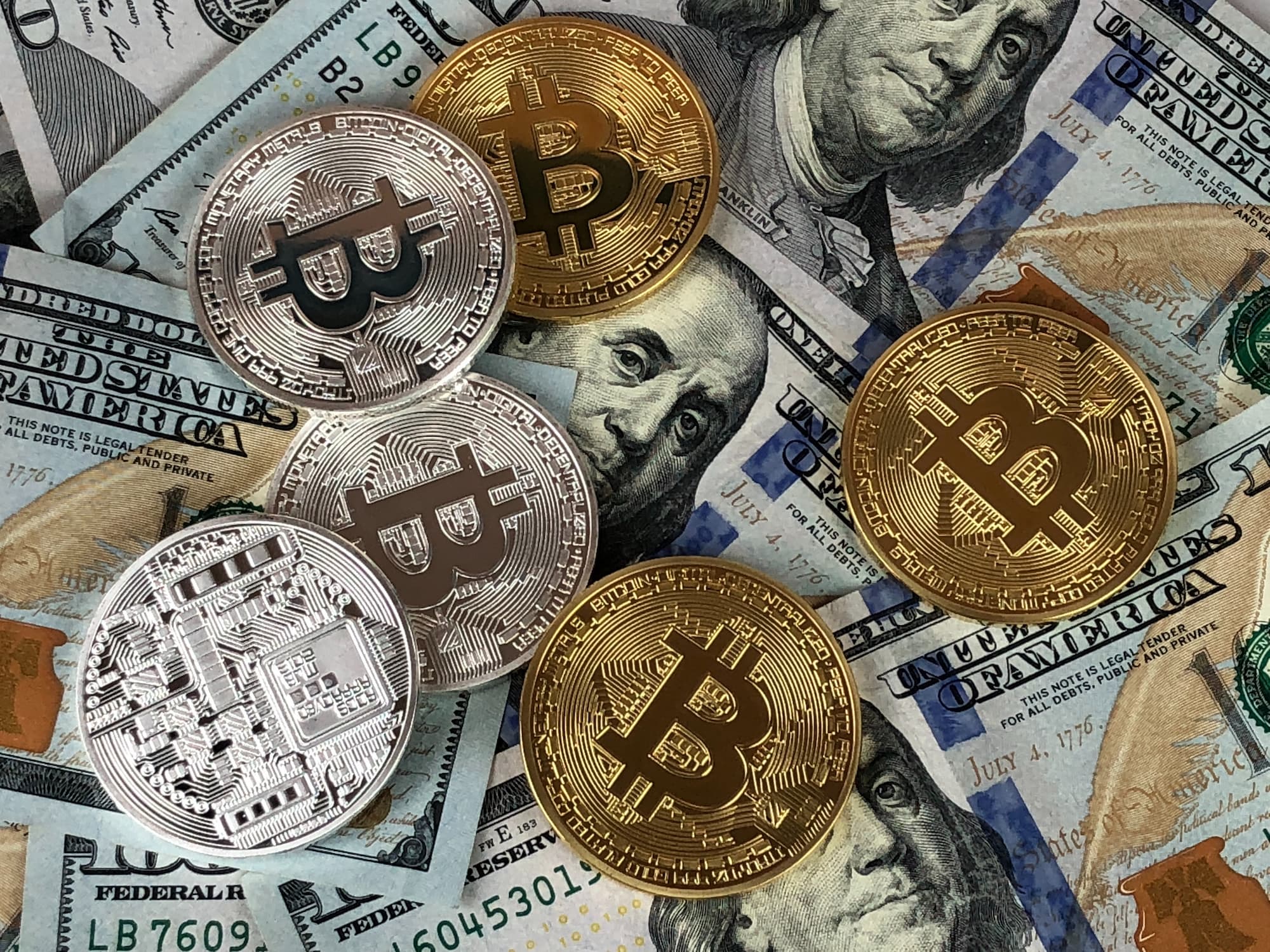Blockchain technology, originally synonymous with cryptocurrency, has evolved far beyond its initial purpose of underpinning digital currencies like Bitcoin. Today, blockchain’s potential is being explored and harnessed in various industries, driving innovation and creating new opportunities. This article delves into some of the most compelling and transformative use cases for blockchain technology that extend well beyond the realm of cryptocurrency.
Revolutionising Supply Chain Management
One of the most impactful applications of blockchain technology is in the field of supply chain management. Traditional supply chains are often plagued by inefficiencies, lack of transparency, and fraud. Blockchain, with its decentralised and immutable ledger, offers a solution to these challenges.
By implementing blockchain in supply chains, companies can achieve unprecedented levels of transparency. Every transaction or movement of goods can be recorded on a blockchain, creating a verifiable and tamper-proof record. This capability allows stakeholders to track the origin, journey, and handling of products in real-time. For example, in the food industry, blockchain can ensure that consumers receive accurate information about the origin of their food, helping to prevent food fraud and enhance safety.
Moreover, blockchain can streamline processes by eliminating the need for intermediaries. Smart contracts, which are self-executing agreements with the terms of the contract directly written into code, can automate payments and other logistics operations. This not only reduces the time and cost involved in managing supply chains but also mitigates the risk of human error.
Enhancing Data Security and Privacy
In an era where data breaches and privacy concerns are rampant, blockchain offers a robust solution for securing sensitive information. Unlike traditional centralised databases, where a single point of failure can compromise the entire system, blockchain’s decentralised nature ensures that data is distributed across multiple nodes, making it significantly more difficult for hackers to attack.
One of the key advantages of blockchain in this context is its ability to provide individuals with greater control over their personal data. With blockchain-based systems, users can decide who has access to their information and under what conditions. This has significant implications for industries like healthcare, where patient data privacy is paramount. For instance, patients could use blockchain to grant healthcare providers access to their medical records on a need-to-know basis, ensuring that sensitive information remains secure while still allowing for efficient care.
Moreover, blockchain can play a critical role in identity verification. Traditional identity systems are often vulnerable to theft and fraud, but blockchain can enable secure, decentralised identity management. This can empower individuals by giving them control over their identities and reducing the risk of identity theft. Additionally, blockchain can facilitate seamless and secure verification processes in various sectors, from finance to government services.
Transforming Intellectual Property Rights Management
The management of intellectual property (IP) rights has long been a complex and often contentious issue. Creators, artists, and innovators frequently struggle to protect their work and receive fair compensation due to the difficulties in tracking and enforcing IP rights. Blockchain technology is poised to revolutionise this space by providing a transparent and tamper-proof system for managing IP.
Blockchain can serve as an immutable ledger for recording the ownership and transfer of intellectual property rights. This can simplify the process of registering and enforcing IP rights, making it easier for creators to prove ownership and for users to verify the legitimacy of content. For instance, in the music industry, blockchain could be used to ensure that artists receive royalties every time their music is played or used, with payments being automatically triggered through smart contracts.
Furthermore, blockchain can facilitate the creation and management of digital assets, such as non-fungible tokens (NFTs), which have gained significant attention in the art world. NFTs represent unique digital assets that can be bought, sold, and traded on blockchain platforms, providing artists with new ways to monetise their work and engage with audiences. The transparent nature of blockchain ensures that the provenance and ownership of these digital assets are clear and verifiable, reducing the risk of fraud and counterfeiting.

Innovating Voting Systems
Voting systems are another area where blockchain technology is making waves. Traditional voting methods, whether paper-based or electronic, are often criticised for being vulnerable to manipulation, fraud, and lack of transparency. Blockchain offers a more secure and transparent alternative that could transform how elections are conducted.
Blockchain-based voting systems can ensure the integrity of the voting process by creating an immutable record of each vote that is visible to all participants. This can significantly reduce the risk of tampering and increase trust in the electoral process. Additionally, blockchain can enable secure remote voting, making it more convenient for people to participate in elections without compromising the integrity of their vote.
The use of blockchain in voting is not just theoretical; it has already been implemented in several pilot projects around the world. For example, Estonia, a leader in digital governance, has experimented with blockchain for secure digital voting. The success of such projects could pave the way for broader adoption, potentially leading to more transparent and accessible democratic processes globally.
Conclusion
Blockchain technology, once confined to the world of cryptocurrency, is rapidly expanding its influence across various industries. From revolutionising supply chain management and enhancing data security to transforming intellectual property rights and innovating voting systems, blockchain’s potential is vast and far-reaching. As more industries recognise and adopt blockchain’s capabilities, we are likely to see even more innovative applications emerge, further solidifying blockchain’s role as a transformative force in the digital age.



